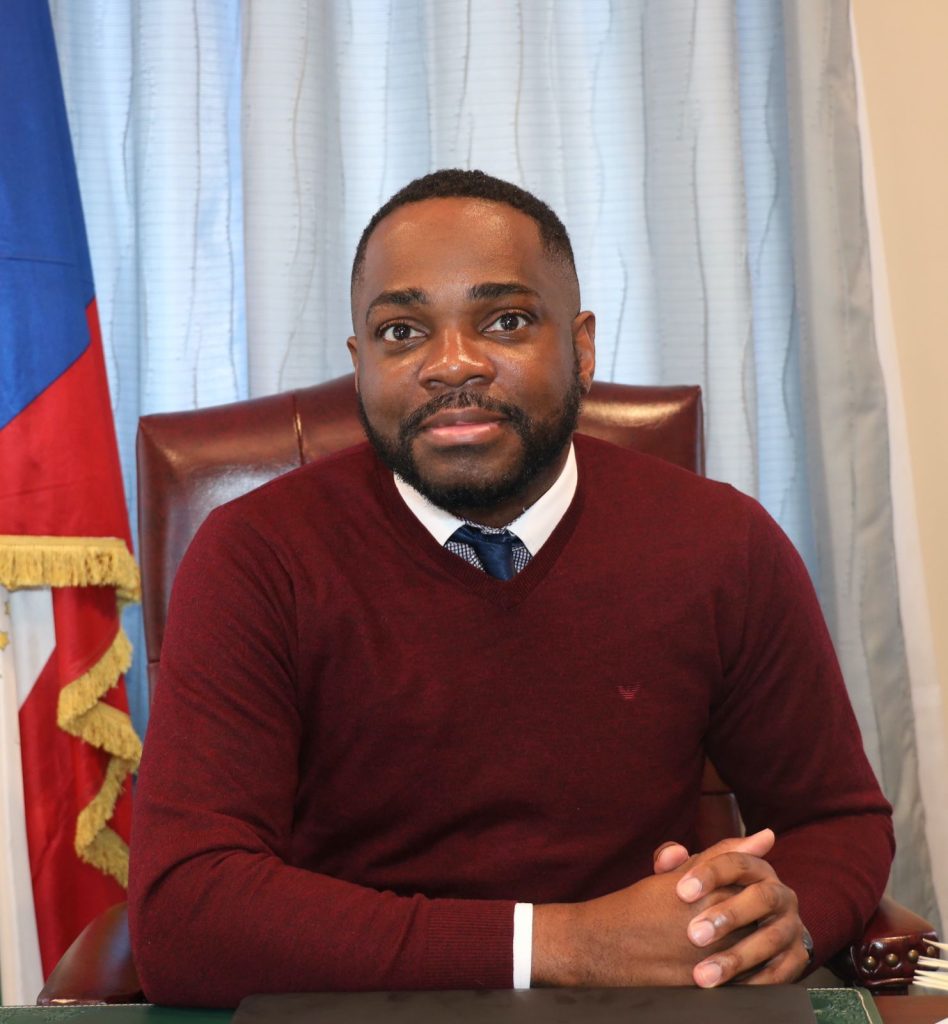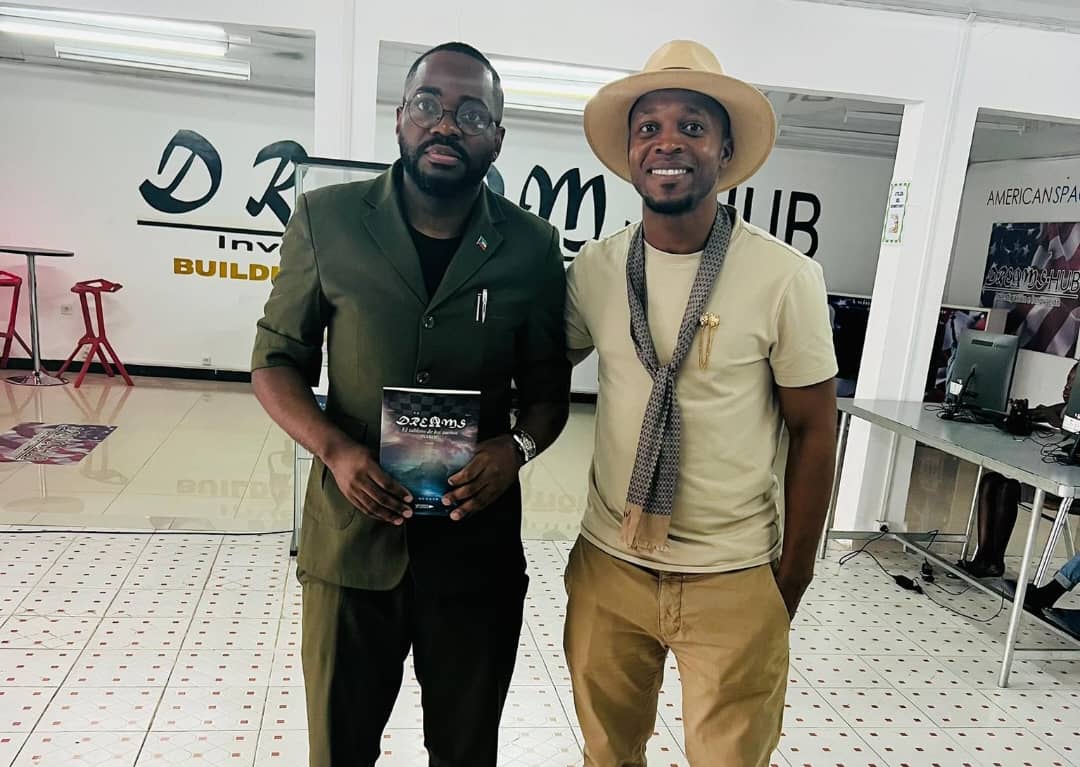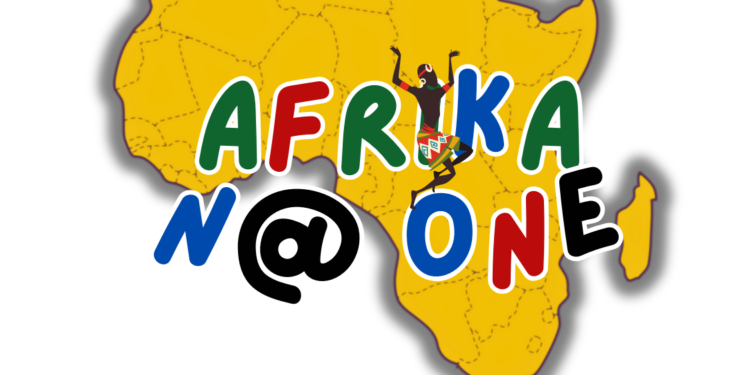By Africanian News
The digital transformation is here to stay, offering new pathways for an education that craves more effective and engaging methods of knowledge transmission. In a world where entertainment has become one of the most powerful tools for learning, an innovative initiative emerges from the heart of Pan-Africanism: Afrika Na One, a trivia-style game that celebrates African knowledge and identity.
Developed by Iniciativas ELEBI, the app is the brainchild of Victor Manuel Ele Ela, current Minister Counselor at the Embassy of Equatorial Guinea in Washington, D.C., who has found in technology a new channel for cultural diplomacy and identity reconnection.
In this exclusive interview with Africanian News, Ele Ela — diplomat and developer — shares how this application could reshape the way we learn and connect with our African roots.
The Interview l Developer of Afrika Na One | Minister Counselor at the Embassy of Equatorial Guinea in the U.S.
What inspired the creation of Afrika Na One?
Thank you very much. The need for an educational and entertaining tool that could help new generations reconnect with African knowledge from a positive, comprehensive, and well-documented perspective. Africa has a rich, diverse history and culture — often unknown even to its own people. This app seeks to change that.
How do you balance your diplomatic role with app development?
I strongly believe in a diplomacy that promotes cultural values. With discipline, vision, passion — and very little sleep — this project becomes an extension of my commitment to Equatorial Guinea and Africa, not only within institutional spaces but also in the arenas where collective consciousness is shaped.

What role does the African diaspora play in projects like Afrika Na One?
Involving the diaspora isn’t optional — it’s essential. The diaspora bridges cultures, knowledge, and realities. More than that, it’s an inexhaustible source of creativity, resilience, innovation, and support.
Afrika Na One was born from the diaspora, inspired by my experience as an international student and then a diplomat, witnessing how many — even Africans by birth — are unfamiliar with our own history and global contributions. The diaspora has the power to amplify projects like this, not just as users but as cultural ambassadors.
What impact do you hope the game will have?
Ideally, Afrika Na One and similar initiatives will reach popular culture, classrooms, training programs, and intergenerational dialogues — inspiring young Africans to discover, with pride, what it truly means to belong to this continent.
What has been the most surprising feedback so far?
One of the most rewarding comments came from a young African-American student who said: “For the first time, I feel like I’m learning about Africa from Africa.”
That reaffirmed the project’s purpose: to offer a narrative rooted in authenticity and pride.
For his part, the founder and CEO of Africanian News, Oscar A. Nchaso — also a user of the app — praised the initiative and confirmed that conversations have already begun with Victor through Dreams Hub Inc. (USA) to explore a potential collaboration.

“Afrika Na One is more than a game — it’s a statement of intent.
This app, born from diplomacy and innovation, embodies the spirit of a new African era that Africanian News is determined to showcase. It represents the kind of tool Africa needs: content that informs, educates, and connects from the root — without external filters.”
“At Africanian News, we believe reshaping Africa’s image starts with education, and education can also be entertaining. Expanding our digital ecosystem with a focus on positive and pan-African narratives makes a collaboration with Victor and his team not only natural — but strategic.”
“Our vision is clear: to show the world the childlike soul that Africa still holds — because being great, we already are. As Rafael García de las Heras would say: to succeed in a circus, you must be a giant with the soul of a child.”









